Sahu to engage all sectors
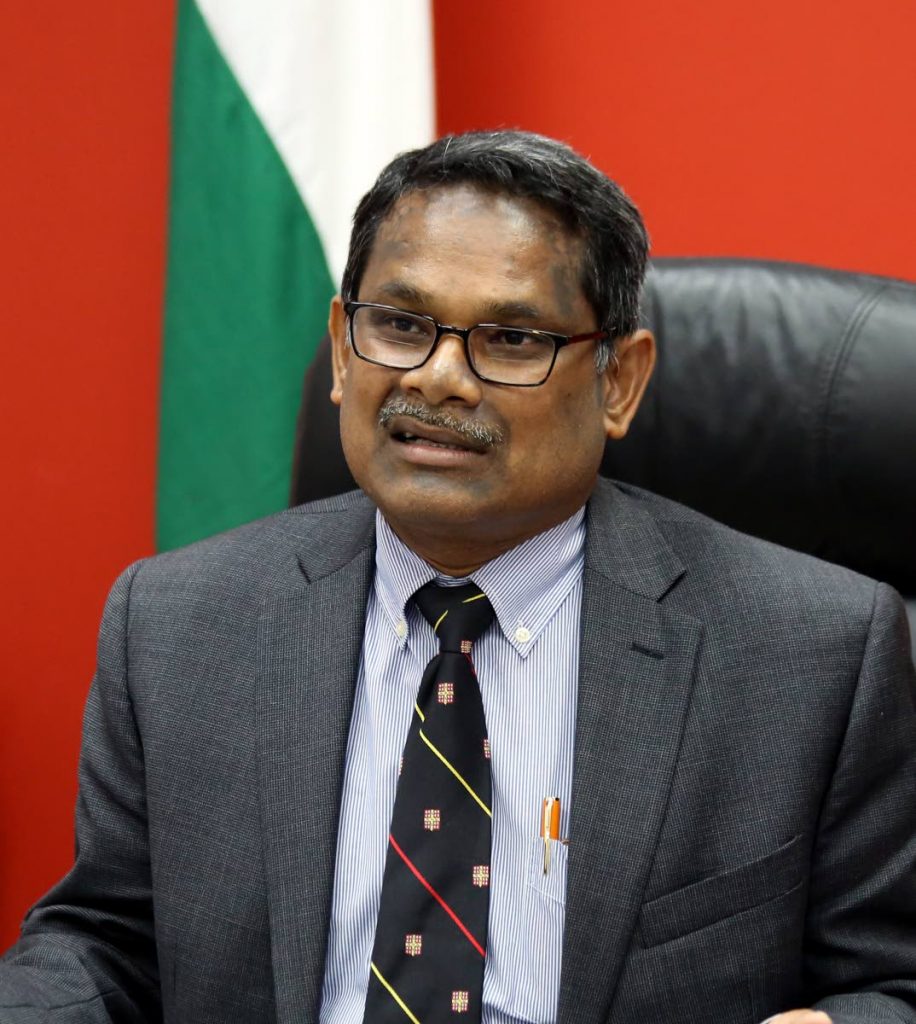
NEW INDIAN High Commissioner to TT Arun Kumar Sahu plans to make his diplomatic tenure as productive as possible.
“I have a rough idea for myself. Whenever I get an assignment I set a goal for myself knowing I will be there some years and I don’t want that to be wasted. I want it to be productive, and to be useful to whatever goals that I have set. But I don’t know how much I can do yet because there are two governments, people from two different countries and we have our own historical linkages. For the first month or so I am giving myself to listening to people and what they want me to do or India to do.”
Sahu arrived in TT on September 3, along with his wife, Sasmita Mishra Sahu and their two children. He said early on his agenda are plans to have discussions with the government, private sector, businesses, the cultural learning agencies and media regarding what they would like to see happen with the TT/India relationship, then he will set his goals.
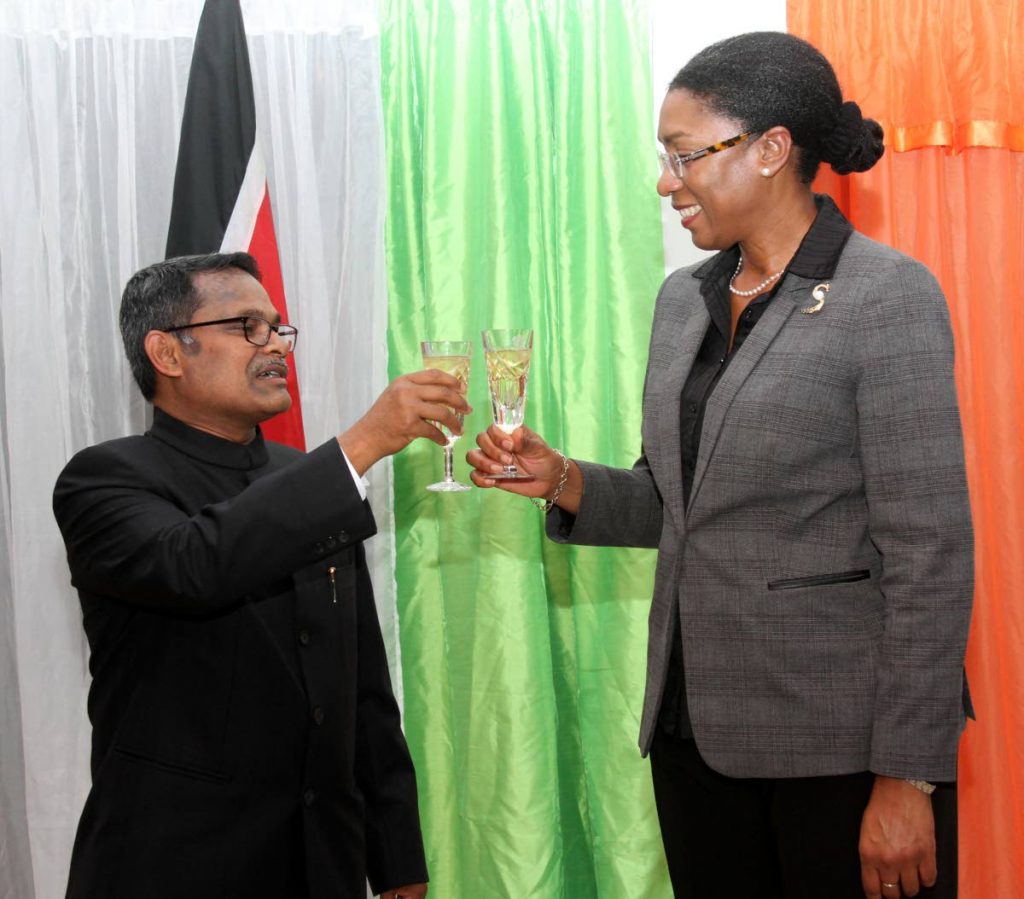
Sahu, 51, will also be serving Grenada, Dominica and Montserrat while resident in Trinidad. He will visit each country once or twice a month.
He spoke to Newsday on a range of topics as he gets a feel for this country.
Rich culture
“It is a nice place, nice people and good environment,” he said of his first impression of TT. “And since I was coming from Canada, I was very happy I don’t have to go through the winter of Canada,” he added with a laugh.
He said when he was told of his appointment to TT, as a student of history in India which was under British rule for almost 200 years, he was able to identify TT’s first prime minister, Dr Eric Williams, noble laureate VS Naipaul and, of course, famed cricketer Brian Lara.
“The kind of educational environment I had growing up was not only Mahatma Gandhi, it was also Nelson Mandela and other various type of freedom movement leaders of the world. And at some point in time I had heard about few such people in the Caribbean. That is how Eric Williams had come to my mind.”
He said what struck him about Williams was his philosophy of non-violence, peace and inclusiveness. “We may be of different backgrounds, we might have different cultural heritages but we belong to the same inclusiveness. The same ideas that Gandhi and Mandela and all those have actually stood for.”
VS Naipaul’s literature lessons, Sahu said, are part of some of the Indian colleges’ curriculum, and his books can be found in any bookstore in India. “India in that sense is very rich. We don’t have any boundary for writers. I think very few people must be making a distinction that VS Naipaul is Trinidadian. Unless you are writing an essay on him, you generally think that he is an Indian who has written his experience about how migration is. His book Area of Darkness is a very fascinating book.”
Cricket and pan
Sahu said there are two cricketers who took the world by storm and who are role models to young cricketers. Sachin Tendulkar and Lara. “Lara himself will tell you whenever he travels to India everybody rush to him saying ‘can I get your autograph?’ He is a great cricketer. In his own field he has done something which nobody else has done. So too, Tendulkar. These people are living legends.”
TT’s culture has not gone unnoticed by Sahu. Speaking of his first encounter with pan, the national instrument, he said, “I never knew of it before coming here. I saw it for the first time in Canada when the Trinbago diaspora community invited me to a function, knowing I was going to TT.
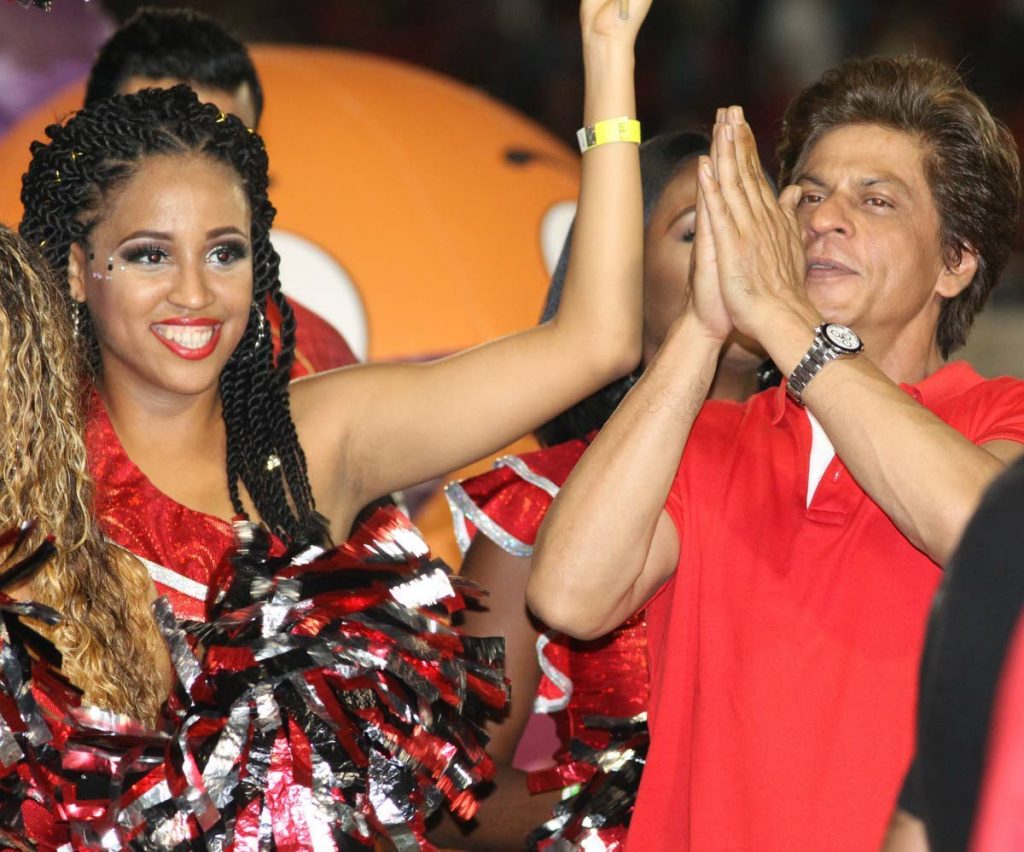
“After the pannist played the anthems of TT and Canada, I went to him and he told me ‘this instrument is called the steelpan. You are going to the country where it has started.’ I thought it exciting. So culture is what people want. It is connection between people. It has no geographical boundaries.”
Immense potential
Like the TT film industry, he said, Bollywood is coming into its own. “The Indian film industry has become so big they will come whenever they realise that it is worthwhile spending their money and time in TT.”
He said based on a recent discussion with film star Shah Rukh Khan, “If someday someone tells him why don’t you do a film in Trinidad and record one film song on the beaches of Tobago, the whole communication between the two people goes manifold.
“I can only facilitate this but they will only listen to people who are in that field and they can create that synergy. They go to many countries. But one film. A couple of songs, people will start asking where is this place. I will be very happy if I can facilitate a couple of those. I know the whole music industry here in TT must be very lively because you have the Carnival, so these are immense potential to connect across cultures.”
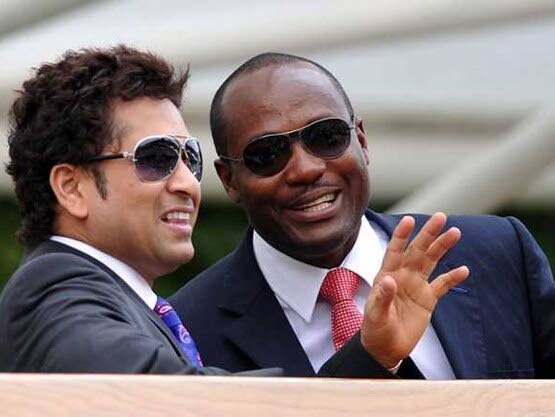
War and conflict
joining the Indian Foreign Service in 1996, Sahu served as director, looking after Nepal in Bhutan, in the ministry of external affairs. He was then made director general of the development partnership administration in India’s ministry of external affairs, after which he served as deputy director general in the Indian Council for Cultural Relations.
As a diplomat, he has served in the Indian Embassy in Beijing twice (1998-2001 and 2010-2013), London (2004-2007) and Tehran (2007-2010).
He also served as a board member on the US-India Educational Foundation from 2014 to 2016 and on the Canada-India Centre for Excellence in Science, Technology Trade and Policy at Carleton University, Ottawa, Canada from 2016 to 2019.
Sahu’s last posting was deputy high commissioner of India to Canada.
Sahu holds a Master’s degree in War in Modern World (WiMW) from King’s College London and a Master’s degree in Linguistics from Jawaharlal Nehru University, New Delhi.
“I was wondering, I will be serving in London for three years and these two prime universities will be looking at me and I will not gain anything from them (laugh). So one day I went to the director of King’s College and I look at their programme and found a very unique programme in the war studies department. So I discussed with the dean, who looked at me and asked, ‘you are a diplomat?’ I said ‘yes that is why I want to do it.’ And he said ‘okay it seems you are in the right profession with the right kind of experience so we would give you a chance.’”
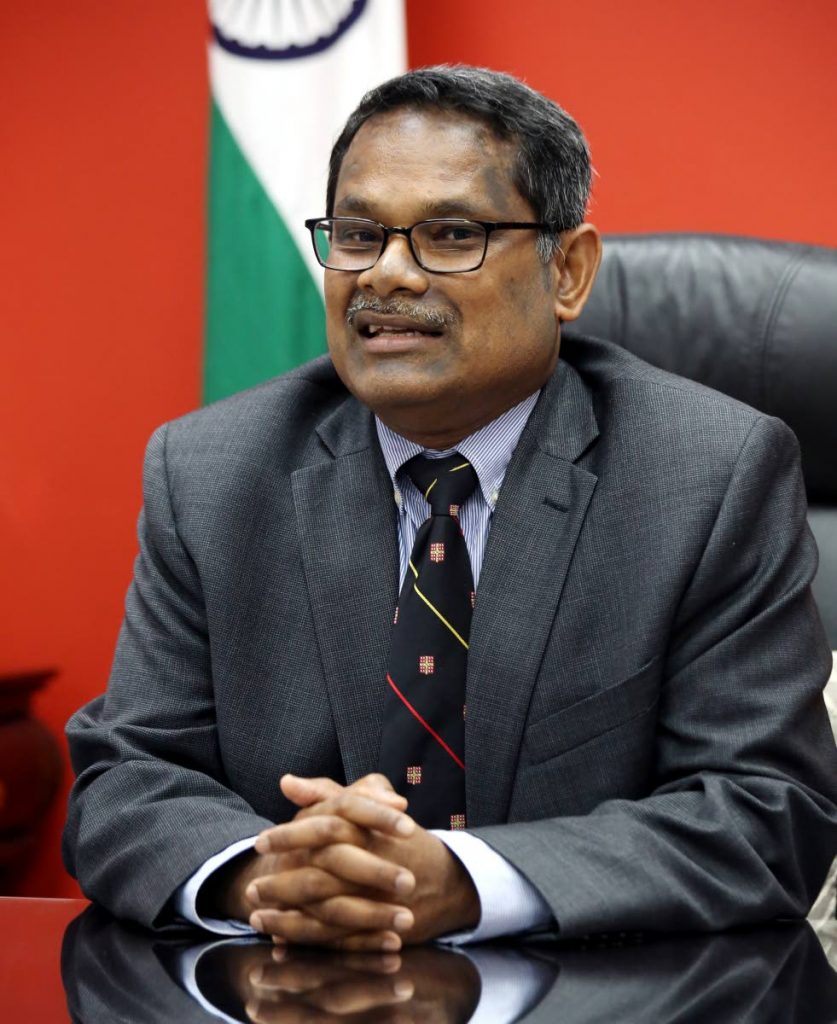
But why War in Modern World?
Sahu said, “We are in a turbulent world. If you see human history till now, there is the history of conflict. As a practising diplomat what do you do? Your first job is to prevent conflict. At that time, staying in London, I was wondering as a diplomat, if our job is to prevent conflict, then you must understand how conflict works. How strain works. How war happens. And history has enough evidence to understand that. I found that course very fascinating.”
Sadu speaks four languages – Odia, English, Hindi and Chinese. He said in India, every child is either bilingual or trilingual. “In India we have 22 official languages which are recognised in the constitution. But besides those 22 there are many other languages and dialects that are actually spoken in different parts of India.”
Sahu was born in Odisa so Odia is his first language. “And then when you go to school, you learn English. You mother tongue and English are compulsory.”
Hindi, he said, is most spoken in the northern part of India, which amounts to some 40 per cent of the population. Bollywood films are done in Hindi, and nearly everyone in India understands Hindi even if not formally studied.
Sahu writes essays, fictions and columns in both Odia and English in his spare time, and is the author of two short-story collections, Akashara Luha (Tears of the Sky), 2015 and Chira Malata (The torn Cover), 2017.


Comments
"Sahu to engage all sectors"